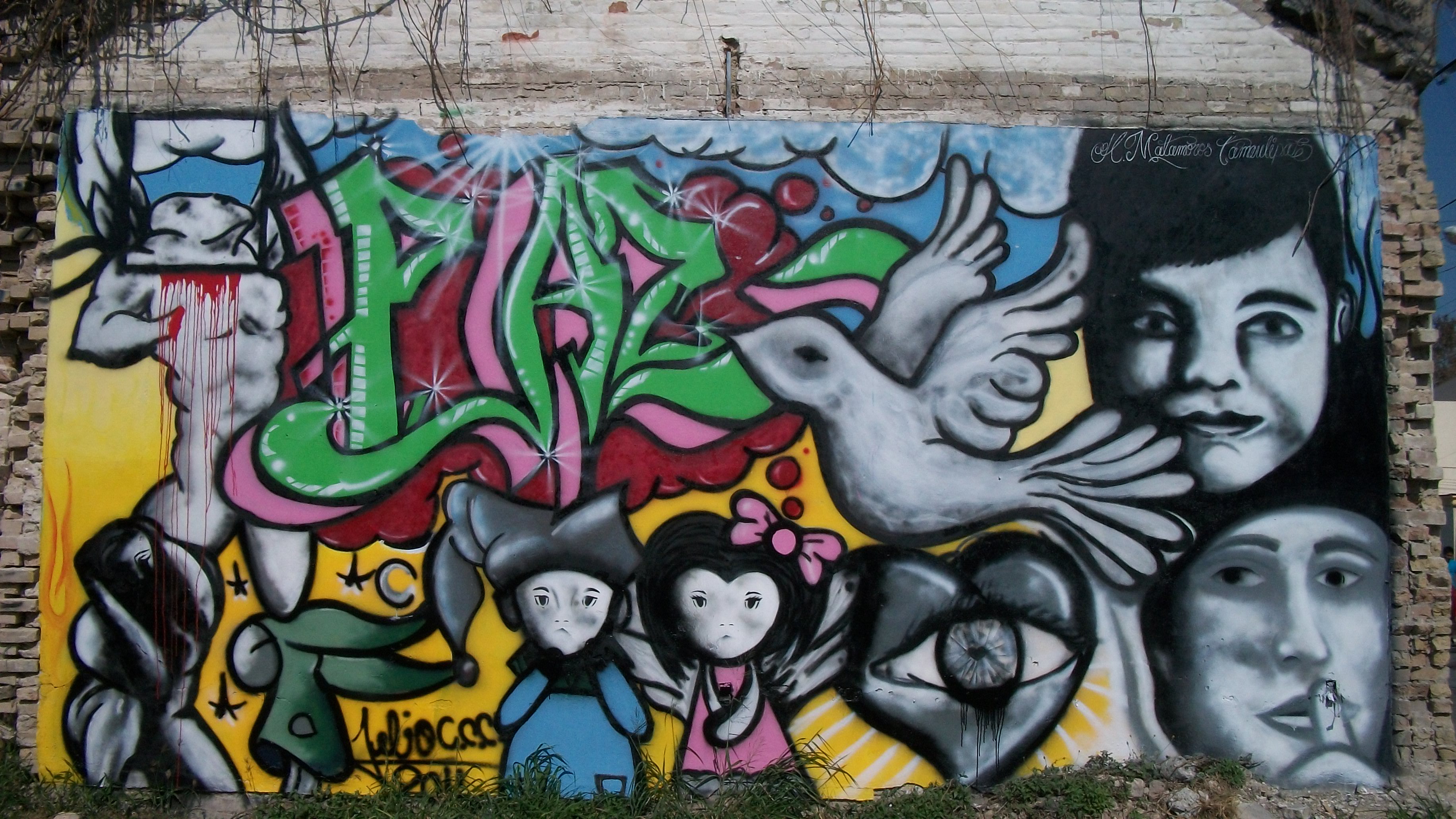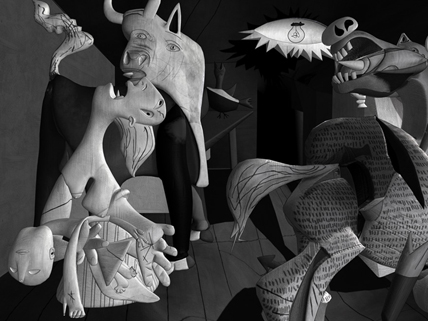Although the general consensus of the scientific community dismisses the possibility of present life on Mars, some questions remain whether life ever existed on Mars when the atmosphere was denser and liquid water existed in abundance.














| Belo Horizonte |  Minas Gerais Minas Gerais | 4.882.977 | Arena Mineirão | 69.950 |
| Brasilia |  Distrito Federal Distrito Federal | 2.562.963 | Estadio Nacional | 70.807 |
| Cuiabá |  Mato Grosso Mato Grosso | 834.060 | Arena Pantanal | 42.500 |
| Curitiba |  Paraná Paraná | 3.168.980 | Arena da Baixada | 41.375 |
| Fortaleza |  Ceará Ceará | 3.610.379 | Estadio Castelão | 60.000 |
| Manaus |  Amazonas Amazonas | 2.106.866 | Estádio Vivaldo Lima | 50.000 |
| Natal |  Rio Grande do Norte Rio Grande do Norte | 1.350.840 | Estádio das Dunas | 45.000 |
| Porto Alegre |  Rio Grande do Sul Rio Grande do Sul | 3.979.561 | Estadio Beira Rio | 60.000 |
| Recife |  Pernambuco Pernambuco | 3.688.428 | Arena Cidade da Copa | 46.154 |
| Río de Janeiro |  Río de Janeiro Río de Janeiro | 11.838.752 | Estadio Maracanã | 76.525 |
| Salvador |  Bahía Bahía | 3.574.804 | Arena Fonte Nova | 50.433 |
| São Paulo |  São Paulo São Paulo | 19.672.582 | Estádio do Corinthians | 65.281 |